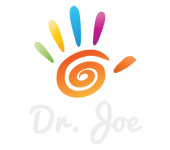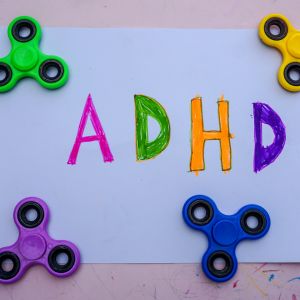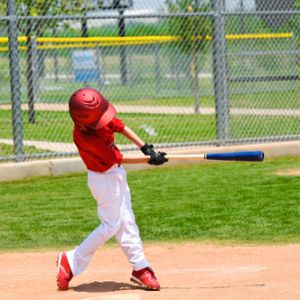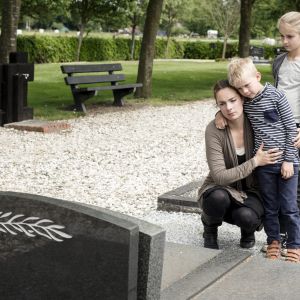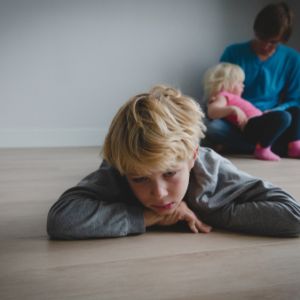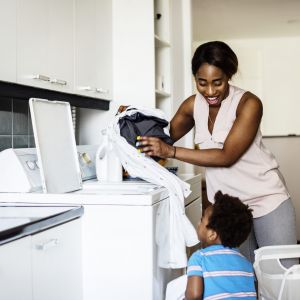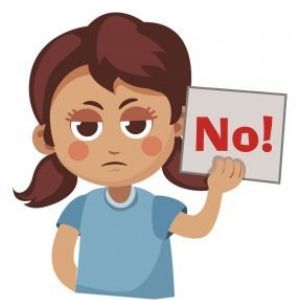Let’s get right to the point. ADHD is real. Children have ADHD. Teens have ADHD, and adults have ADHD. ADHD is alive and well and can make life very complicated. Properly treated and harnessed, ADHD can add to a person’s creativity, ability to multi-task, and be successful.
For a complete description of ADHD, please see www.webmd.com and look for ADHD in Children Health Center. I want to focus on what you can do as a parent if you become concerned that your child is exhibiting...
Did You Ever Strike Out?
I recognize that “Striking Out” may not have been part of your childhood athletic past, so please substitute the appropriate phrase. I am confident that if you played competitive team sports as a child, you could pull up a painful memory that you can picture in vivid detail. I don’t want you to focus on the sights, sounds, and smells you remember, but instead on that terrible sinking feeling deep in your gut when the event took place. Come to think of it; I do want you to try...
Participation Trophies – Yes Or No?
I began looking at some numbers before writing this post. In 2018/19, approximately 10 % of the 76 million high school students in the US played high school sports. During the 2018/19 Baseball Season, nearly 483,000 boys played high school baseball. The chances of a high school player making it to the Big Leagues is one in 6,100 or 0.015 percent. Now think to yourself how many kids play team spots while they are elementary school and middle school but don’t continue into high school?
No...
Helping Your Child Deal With Grief
The sight and sound of a child grieving are truly heart-wrenching because it seems to defy the natural order of the universe. We fantasize that our children will be safe from having to deal with some of the realities of life until they’re older. We can comprehend that some children will have to deal with the loss of the grandparents, but how do we help children deal with the loss of siblings, parents, teachers, and their friends. Talking to children about the loss of a loved one...
The Fine Art Of Saying No
We are raising our children in confusing and anxiety-producing times. Now perhaps more than ever before, our children need clear and consistent limits to help them on their challenging journey of becoming healthy and productive adults. It is imperative to say “No” to our kids and to stick with it. Why is this so difficult?
You Did Not Hesitate When Your Child Was a Toddler
Parents of young children (toddlers) do not struggle with saying no. When you spent time with these young families, you will...
Dealing With Sibling Rivalry
How you introduce or share the information with a child or children that another child is going to join the family (through mother giving birth or adoption) depends first and foremost on the age of the child or children at home. Young children may be enthralled with the idea of a baby growing in mom’s tummy, while teenagers may turn crimson at the thought of their parents having sex. Be mindful of the questions that may arise when a sibling comes to the family by way of adoption.
Keep It Real
Think...
Teaching Children Personal Responsibility
Personal Responsibility
We want our children to grow up with a sense of personal responsibility for their actions and the consequences of these actions. With young children, we can start fostering a sense of personal responsibility by helping them learn right from the start of putting things (toys) away. Two and three-year-old children should participate in cleaning up their toys. You are free to sing your favorite “cleaning up song,” but don’t’ feel that you have to....
Limit Setting
Practice Saying “No”
One of the essential behaviors an expecting parent (or current parent) can do is to stand in front of a mirror and practice saying the word, “No.” It is impressive that so many parents seem to become unable to speak when confronted with a situation in which the word “No” is the only logical sound they should utter. You can say “No” with a frown, a smile, and any expression in between. A mom or dad can shake his or her head for...
Welcome to Dr. Joe’s Blog
Welcome. I am very excited to introduce my new website to you and I have decided to take time each week to share thoughts, observations, concerns and recommendations based on my 31 years in Practice as a Child Psychologist.
Company Info
Contact Info
- Dr. Joseph Rabinovitz, Ed.D., P.A.
- 2295 NW Corporate Blvd., Suite 231
Boca Raton, FL 33431 - Phone: 561.241.8822
